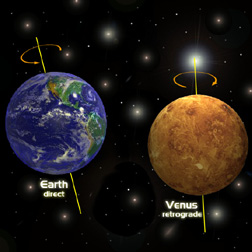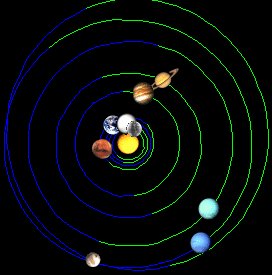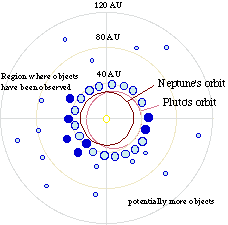
NASA
According to Stephen Hawking, any object with an energy which equals Plank's energy has to become a black hole.
If that is so, the energy released during the Big Bang must have created many such black holes. Therefore most of the Energy of the Big bang must have disappeared in that form. Then how did the Universe evolve as predicted by the standard model of the universe?
The Plank energy is the energy at which a photon will become a black hole. It is constant at 1.22E28 eV, because it only depends on three constants: the Plank constant, the speed of light, and the gravitational constant. When an object with an energy greater than the Plank energy forms a black hole, it is called a primordial black hole.
The smaller a black hole is, the more energy it emits. Because primordial black holes have a very small mass, they would emit a lot of energy (in the form of gamma rays). We have tried to detect these gamma rays but the ones we did detect yielded no conclusive proof for the existence of primordial black holes. Though, we did find an upper limit as to how many can exist--less than 300 per cubic light-year.
One possible reason why there aren't very many primordial black holes is that the early universe may have been relatively smooth. If the universe were smooth, then there wouldn't be anything to cause the energy and matter to condense into a black hole.
As for the last part of your question, energy doesn't really disappear into a black hole. Energy is equated with mass via E=mc2. The energy used to create a black hole can be considered mass. The mass within the black hole will still exert a gravitational force on the universe, so there shouldn't be any discrepancies with the standard model of the universe.
Submitted by Surjeet (Madras, India)
(April 1, 1998)












